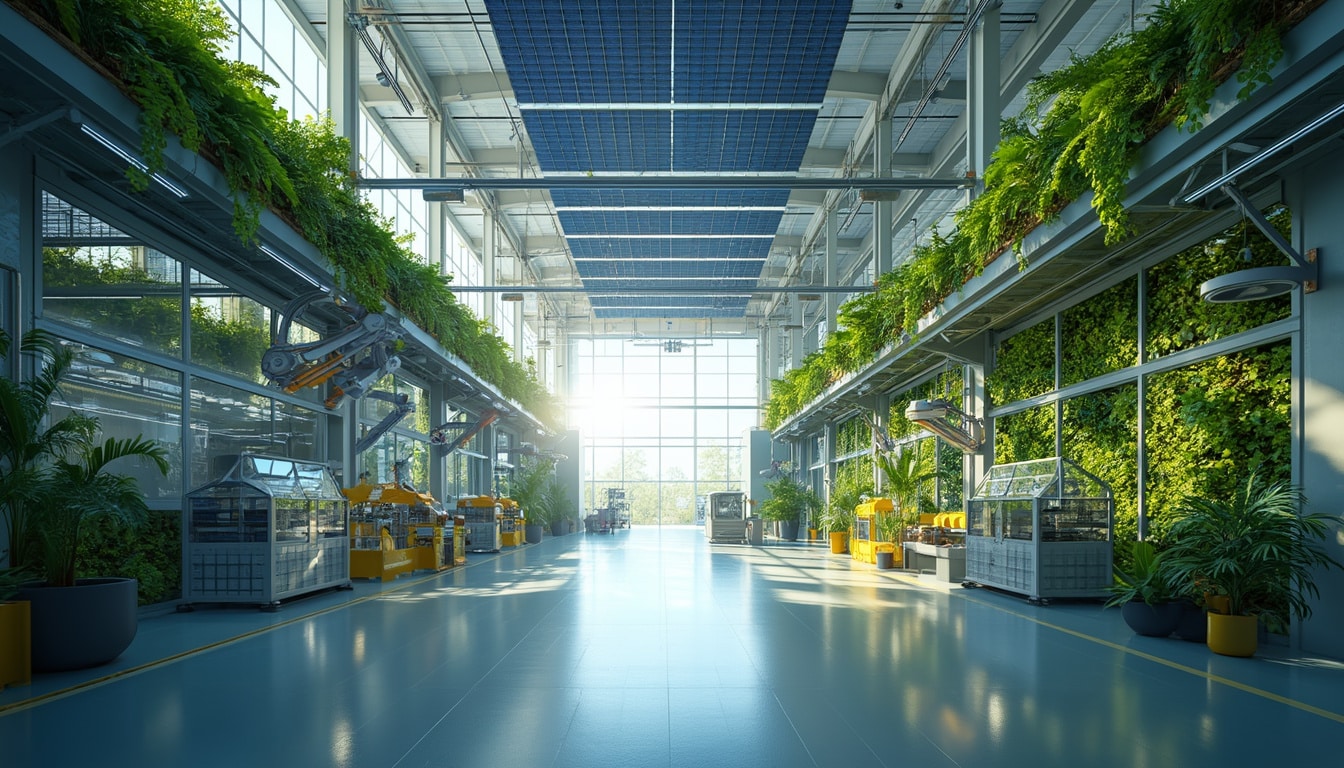Diving into the heart of Industry 4.0, Nokia is dramatically reinventing itself, transitioning from a manufacturer of iconic phones to a pioneer of digital technologies and communication. Harnessing the power of digitalization, Nokia is committed to reducing its carbon footprint by integrating cutting-edge technologies such as 5G, artificial intelligence, and cloud computing. Through its innovations, the company emphasizes the importance of reconciling industrial efficiency with sustainability, demonstrating that performance and environmental respect are not incompatible goals.
As part of Industry 4.0, Nokia is dedicated to integrating sustainability through advanced digital technologies. Well-known for its beginnings in phone manufacturing, Nokia has evolved to become a pillar of telecommunications and digitalization. According to David de Lancellotti, using technologies like 5G, AI, and cloud, the company highlights a significant reduction in carbon emissions, estimated at 20% due to digitalization. The application of these innovations offers benefits in terms of worker safety, industrial efficiency, and sustainability, while IoT sensors and drones enable enhanced and intelligent monitoring, reducing material waste and improving connectivity. Nokia continues to promote a sustainable industrial model that combines digital advancements with social and environmental responsibility efforts.

Table des matières
ToggleNokia and the digital transition for sustainability
Over the years, Nokia has transformed its image, moving from a manufacturer of iconic mobile phones to a leader in digitalization and telecommunications. This strategic evolution has allowed Nokia to play a key role in enhancing the efficiency and sustainability of Industry 4.0. By leveraging technologies such as 5G, artificial intelligence, and the cloud, Nokia aims to significantly reduce industrial carbon emissions, while delivering innovative solutions that bring humans and machines closer together.
Technologies for efficiency and safety
The integration of new technologies such as private wireless networks and edge computing enables industry companies to adopt a more proactive and secure approach to resource management. For example, the use of connected drones in the mining sector not only reduces costs but also brings substantial gains in terms of sustainability. These devices allow for faster and more comprehensive data gathering, avoiding unnecessary excavations and helping to manage waste effectively and sustainably.
The importance of data collection and analysis
One of the most critical aspects for success in sustainability is the ability to acquire, analyze, and utilize data in real-time. With IoT sensors and digital operation models, companies can monitor their environmental impact and optimize processes to achieve their goals more quickly. The adoption of integrated digital platforms also breaks down data silos inherited from legacy systems, thereby offering better decision-making based on comprehensive and up-to-date information.





